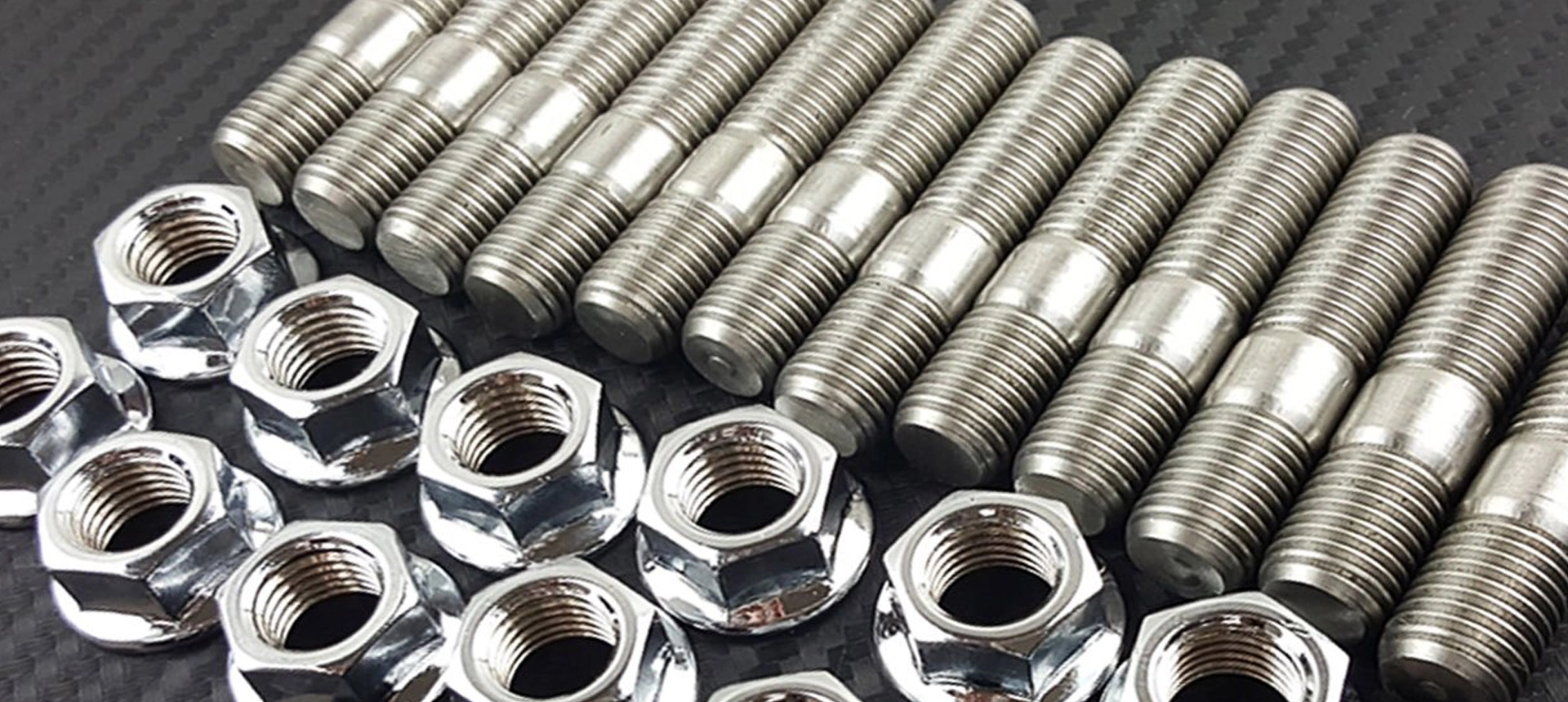
Khám phá các kỹ thuật gia công CNC để sản xuất bu lông liên quan đến việc tận dụng các quy trình điều khiển bằng máy tính tiên tiến để tạo ra các ốc vít ren có độ chính xác cao và nhất quán. Những kỹ thuật này sử dụng các công cụ cắt khác nhau, chẳng hạn như máy nghiền, máy tiện và máy mài, để định hình nguyên liệu thô thành các thiết kế bu lông tùy chỉnh với dung sai chặt chẽ. Gia công CNC cho phép sản xuất bu lông hiệu quả, tiết kiệm chi phí với số lượng nhỏ hoặc lớn, đáp ứng nhu cầu của các ngành công nghiệp khác nhau. Công nghệ này đảm bảo chất lượng, độ chính xác và độ bền cao nhất của bu lông, góp phần vào sự an toàn và hiệu suất tổng thể của các sản phẩm và cấu trúc lắp ráp.
Lợi ích của gia công CNC cho sản xuất bu lông là rất nhiều, bao gồm Độ chính xác, tính nhất quán và hiệu quả được nâng cao. Quy trình điều khiển bằng máy tính này cho phép tạo ra các thiết kế bu lông phức tạp với dung sai chặt chẽ, đảm bảo phù hợp và hiệu suất vượt trội. Gia công CNC giúp giảm lỗi của con người và cho phép sản xuất nhanh chóng cả số lượng nhỏ và lớn, đáp ứng nhu cầu đa dạng của ngành. Ngoài ra, công nghệ này giảm thiểu lãng phí nguyên liệu và tối ưu hóa việc sử dụng nguyên liệu thô, góp phần vào hiệu quả chi phí và tính bền vững. Nhìn chung, gia công CNC Cách Mạng hóa việc sản xuất bu lông, cung cấp ốc vít Chất lượng cao, đáng tin cậy cho các ứng dụng khác nhau.
Các loại bu lông khác nhau phục vụ các mục đích đa dạng trong các ngành công nghiệp khác nhau, cung cấp các giải pháp buộc chặt thiết yếu cho nhiều ứng dụng. Dưới đây là tổng quan về một số loại bu lông phổ biến:
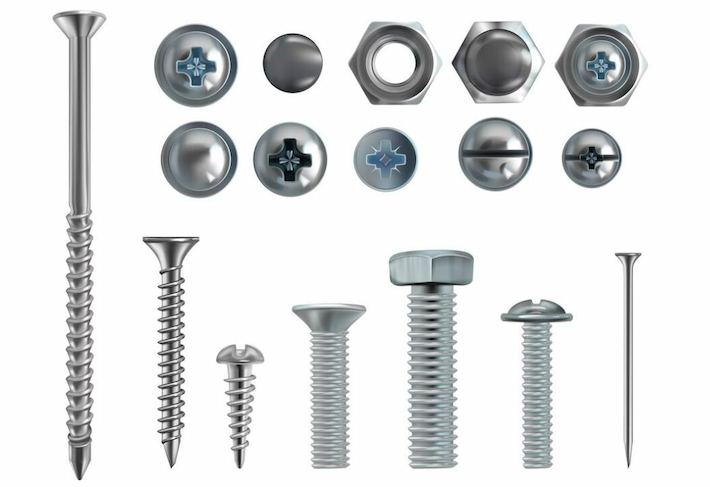
Bu lông rèn:
① Bu lông lục giác:
Được rèn bằng đầu lục giác và trục ren.
Thường được sử dụng trong các ứng dụng nặng do sức mạnh của chúng.
② Bu lông vận chuyển:
Được rèn với đầu tròn mịn và cổ vuông bên dưới.
Lý tưởng cho các ứng dụng đòi hỏi một kết thúc hấp dẫn trực quan.
Bu lông mắt:
Được rèn bằng đầu vòng (Mắt) để gắn dây cáp hoặc móc.
Thường được sử dụng trong các ứng dụng nâng hoặc làm điểm Neo.
Bu lông hình thành lạnh:
① Bu lông Mặt bích:
Hình thành lạnh với một mặt bích phẳng, mở rộng dưới đầu.
Được thiết kế cho các ứng dụng yêu cầu phân phối tải.
② Bu lông chuyển đổi:
Được sản xuất bằng cơ chế lò xo để Neo các vật nặng.
Thích hợp để lắp đặt tường rỗng.
Bu lông cuộn ren:
① Bu lông chữ U:
Quá trình cán ren được sử dụng để tạo bu lông hình chữ U có đầu ren.
Thường được sử dụng trong việc bảo vệ đường ống, ống và cáp.
② Bu lông Neo:
Cán ren đảm bảo các sợi chính xác cho sự ổn định khi được nhúng trong bê tông.
Được sử dụng trong các ứng dụng kết cấu và nền tảng.
Bu lông rèn nóng:
① Bu lông thang máy:
Được rèn nóng với Đầu phẳng và đầu nông, bình phương.
Lý tưởng để sử dụng trong hệ thống băng tải và xô thang máy.
② Bu lông Lưỡi cày:
Được thiết kế đặc biệt thông qua rèn nóng cho các ứng dụng cày.
Có đầu phẳng và cổ vuông để tránh xoay.
Bu lông gia công chính xác:
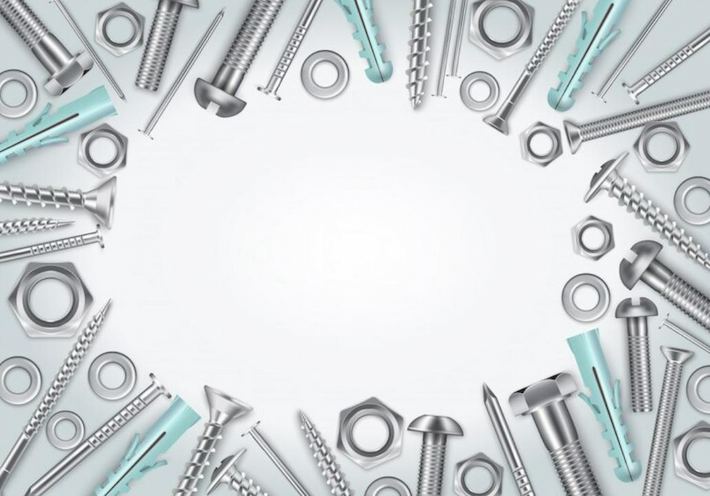
① Bu lông điều khiển căng thẳng:
Được gia công với các thiết kế chuyên dụng có nẹp hoặc rãnh.
Yêu cầu một cờ lê đặc biệt để căng chính xác trong quá trình lắp đặt.
② Bu lông chữ J:
Gia công chính xác tạo ra bu lông hình chữ J thường được sử dụng để treo đồ.
Thường được sử dụng trong xây dựng và để hỗ trợ đường ống.
Bu lông ren hoàn toàn:
① Bu lông đinh tán:
Bu lông ren hoàn toàn không có đầu, được thiết kế để sử dụng với đai ốc.
Được gia công cho độ chính xác và được sử dụng trong các kết nối mặt bích cho đường ống và bình chịu áp lực.
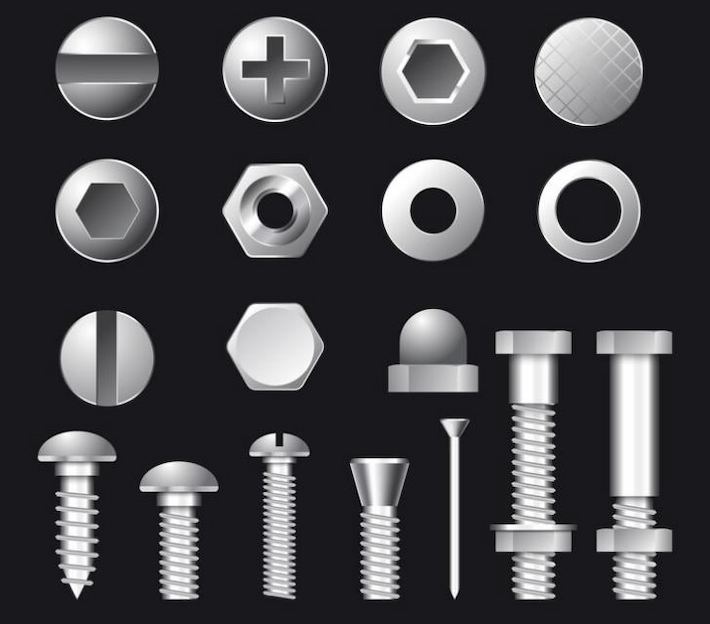
Đây chỉ là một vài ví dụ về các loại bu lông đa dạng có sẵn, mỗi loại được thiết kế để đáp ứng các nhu cầu cụ thể trong các ngành công nghiệp từ xây dựng và ô tô đến sản xuất và cơ sở hạ tầng. Việc lựa chọn loại bu lông phụ thuộc vào các yếu tố như ứng dụng, yêu cầu tải trọng và điều kiện môi trường.
Chọn bu lông chất lượng cao là điều cần thiết để đảm bảo sự an toàn và độ tin cậy của các cấu trúc và cụm lắp ráp. Dưới đây là một số Yếu tố chính cần xem xét khi chọn bu lông:
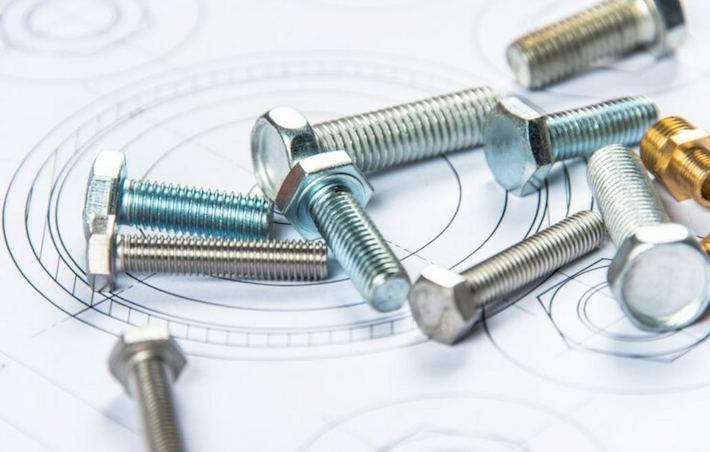
Chất lượng vật liệu:
Lựa chọn bu lông làm từ vật liệu chất lượng cao, chẳng hạn như thép không gỉ hoặc thép hợp kim, được biết đến với độ bền và khả năng chống ăn mòn.
Hãy xem xét các điều kiện môi trường các bu lông sẽ được tiếp xúc và chọn vật liệu có thể chịu được các điều kiện đó.
Sức mạnh và cấp độ:
Chú ý đến độ bền và lớp đánh dấu trên bu lông. Bu lông cao cấp thường có độ bền kéo và năng suất tốt hơn.
Phù hợp với cấp độ bu lông với các yêu cầu cụ thể trong ứng dụng của bạn, đảm bảo nó có thể xử lý Tải trọng dự kiến.
Lớp phủ và hoàn thiện:
Bu lông thường được phủ để tăng cường độ bền và khả năng chống ăn mòn. Các lớp phủ phổ biến bao gồm mạ kẽm, mạ điện hoặc các lớp phủ chống ăn mòn khác.
Chọn lớp phủ phù hợp với môi trường dự định, chẳng hạn như điều kiện ngoài trời hoặc độ ẩm cao.
Kích thước và Loại ren:
Chọn bu lông có kích thước chính xác và Loại ren cho ứng dụng của bạn. Đường kính, chiều dài và khoảng cách ren phải phù hợp với yêu cầu của khớp được buộc chặt. đảm bảo rằng các sợi chỉ sạch sẽ, hình thành tốt và không bị hư hại.
Các tính năng dành riêng cho ứng dụng:
Xem xét bất kỳ tính năng cụ thể nào cần thiết cho ứng dụng của bạn, chẳng hạn như lớp phủ chuyên dụng, đặc tính chống ăn mòn hoặc loại đầu độc đáo.
Một số ứng dụng có thể yêu cầu các bu lông có đặc điểm cụ thể, chẳng hạn như các bu lông được thiết kế cho môi trường nhiệt độ cao.


